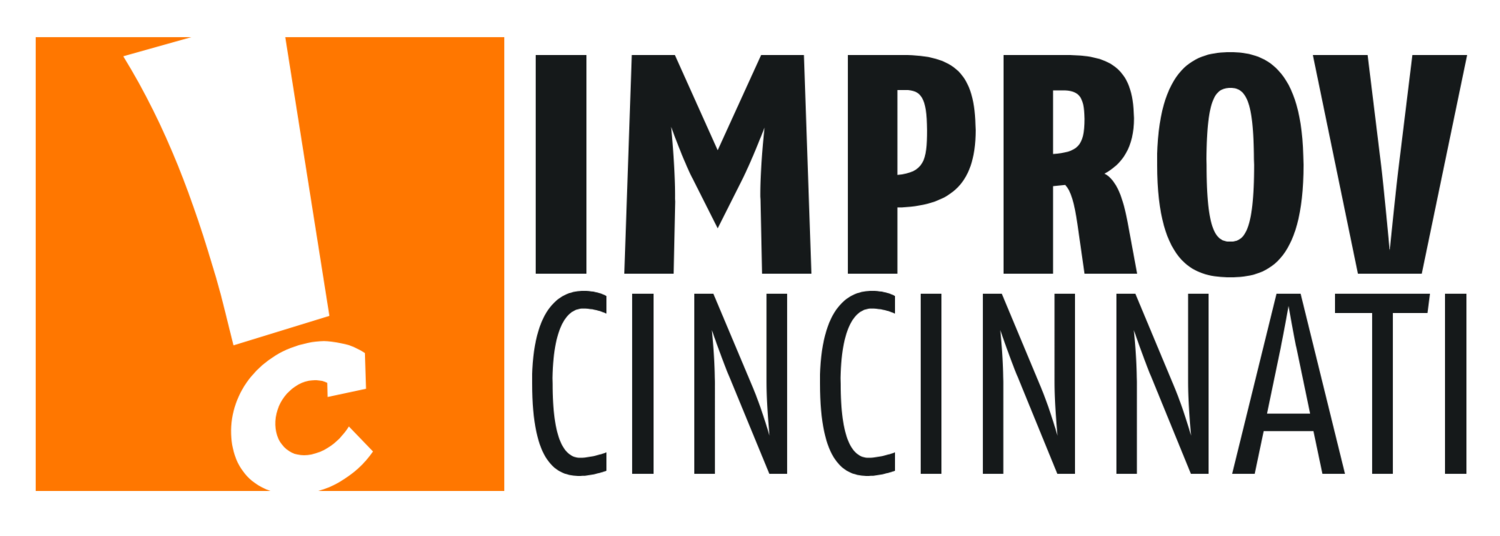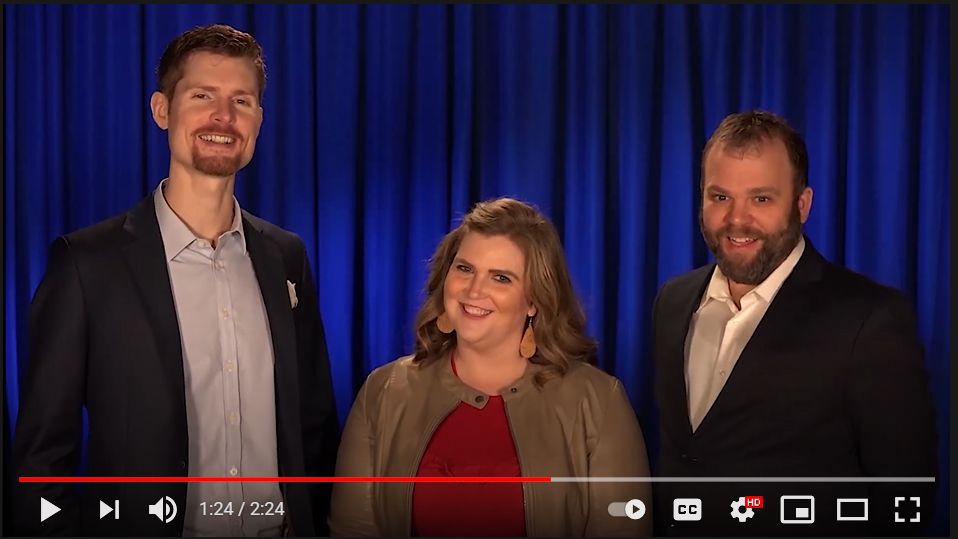













Thanks for your engagement and enthusiasm!
Find additional resources below about “Yes, And”, Project Aristotle, and Psychological Safety.
Yes, And
Fast Company: Yes, And… Improv Techniques To Make You A Better Boss
Harvard Business Review: Using Improv to Unite Your Team
Video: Tina Fey on Yes, And
“What if I can’t ‘yes, and’ an idea/request?”
Ask yourself “If I were to support this idea, how would I do it?”
Seek to understand the motivation or “why” of the person’s idea/request, rather than assuming you already know it. Often this provides an opportunity to compromise.
Ensure the person leaves the interaction feeling actively heard and appreciated – not bluntly or tactlessly rejected.
Challenge: In the next 24 hours, use the words “yes, and” in a conversation. This can be with anyone, a spouse, kids, cashier, etc. Be sure to build on what the other person is saying (no yes, and fake outs!). How does it feel to do this? How does it affect the other person?
Google’s Project Aristotle
Google’s Project Aristotle Summary and Findings
New York Times Magazine: What Google Learned From Its Quest to Build the Perfect Team
Video: Secrets of Successful Teamwork: Insights From Google
Psychological Safety
Harvard Business Review: Creating Psychological Safety in the Workplace
Google’s Tool to Foster Psychological Safety
Video: Amy Edmondson’s TEDx Talk “Building a Psychologically Safe Workplace”
Challenge for Leaders: Admit a mistake at your next team meeting. What did you learn? How can a similar slip-up be prevented in the future? Demonstrate to your team that no one is perfect, and that it’s OK to talk about mistakes. By doing so, you’re helping to foster psychological safety.
Would you like to receive simple, easy improv exercises like the video shown here? Sign up to our once-in-a-while Improv-For-Business newsletter featuring useful exercises, interesting articles, special promotions, and more. Sign up here.



